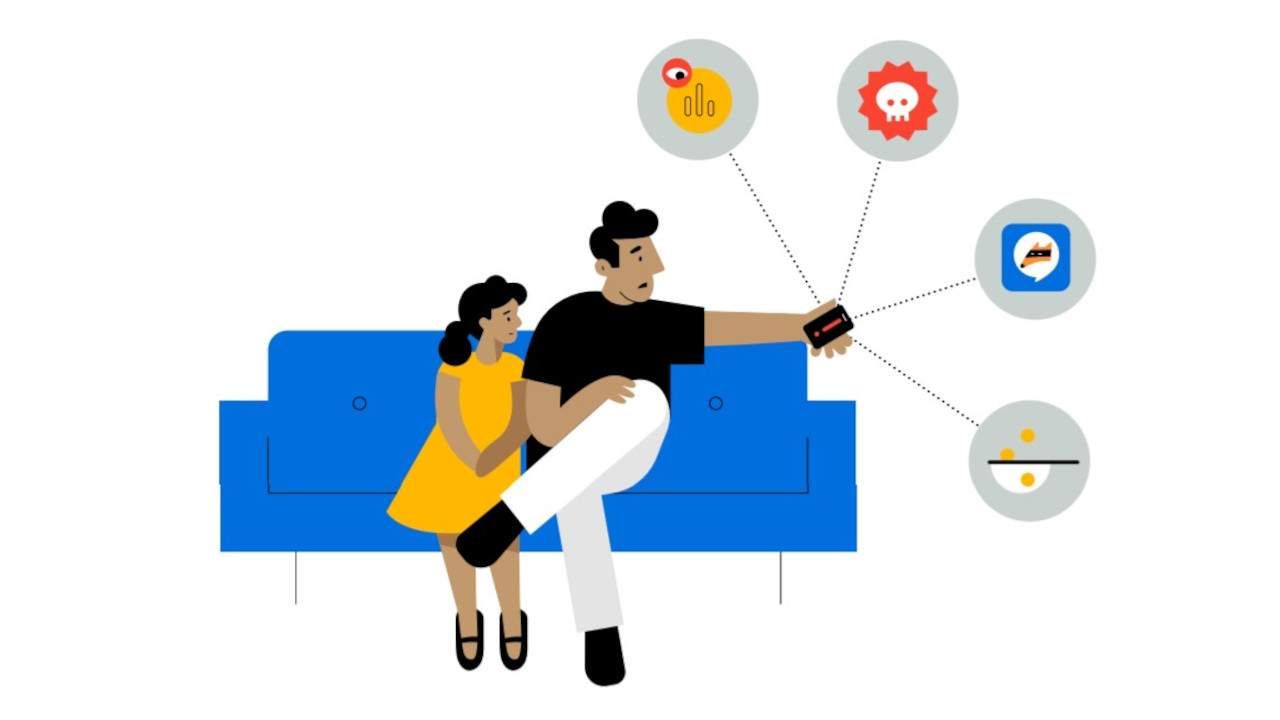
Apple claims sideloading iPhone apps will harm the app market
As though Epic Games’ epic lawsuit against it weren’t enough, Apple could soon be facing the largest threat to its iOS App Store because the app store came online. THE UNITED STATES Congress is getting ready to debate antitrust six bills, among that will put the iPhone’s closed app ecosystem under greater scrutiny. Those policies could force Apple to start iOS to permit installing apps outside the App Store, a.k.a. sideloading, a practice that Apple claims can not only put users at an increased risk, it will ironically harm developers and the app market along the way.
Apple could be feeling the mounting pressure and the true possibility of the government forcing it to eliminate lots of the policies which have made iOS a carefully manicured walled garden. It has, in the end, just published a 16-page document that extols the task the company did to safeguard iPhone users by keeping its app ecosystem behind a gated system. It really is, in place, telling lawmakers that it’ll be plunging People in america into dangerous situations should it push through using its antitrust changes.
A lot of this rhetoric was already rehashed to death at this time. Apple uses a mix of praising the task it has done to safeguard users from downloading malicious apps and pointing out the security and privacy pitfalls of allowing users to sideload apps, exactly like on Android. Those range between downloading malware-ridden apps to kids bypassing parental controls and making unauthorized purchases, intentionally or elsewhere.
Something slightly not used to Apple’s message may be the warning that sideloading apps on the iPhone would actually be detrimental to the app market instead of benefitting it. Its main premise is that individuals will either be too cautious with installing apps or will acquire apps from other sources, especially paid apps that they can be capable of geting free of charge elsewhere. Both situations will result in a dip or perhaps a dive in profits that iOS developers often gloat over their Android counterparts.
Not absolutely all users and developers, even those from Apple’s camp, buy those arguments, though. There were several instances where harmful apps got past Apple’s stringent scrutiny, and you can find even doubts and accusations that Apple may reap the benefits of fraudulent apps given the 30% share it gets from in-app purchases. And there’s that steep tax that is among the points Epic Games has been raising even prior to the great Fortnite drama. Suffice it to state, the coming weeks as well as months is a tense one for Apple since it uses all its lobbying and marketing capacity to keep its App Store from falling out in clumps of its grasp.


